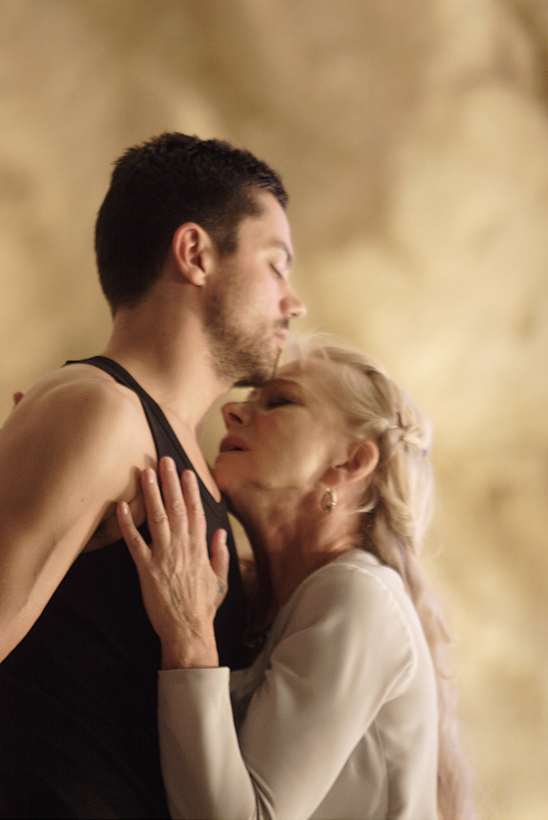It was big news in June 2009 when the National Theatre began beaming live shows from London’s South Bank to hundreds of movie theaters around the world. Remarkably, the series kicked off not with some British crowd-pleaser but with Jean Racine’s Phèdre (1677), a claustrophobic French classic whose title few English speakers can make up their minds how to pronounce. For marquee value there was the bankable Helen Mirren as the mythological Minoan stepmother afire with lust for her stepson Hippolytus (some names get “Anglicized,” some don’t; go figure).
Classical French tragedy as perfected by Racine is to the Shakespearean variety as algebra is to grand opera. Both, in truth, are untranslatable. Shakespeare unleashes the passions in spoken-word arias; Racine crafts parliamentarian tirades, balancing his couplets like rigorous mathematical equations. Shakespeare’s imagination generates metaphor upon unique metaphor; Racine strips ornament away, packing emotions of the highest intensity into “noble” French, purposely featureless and plain.

Consider this boast from Hippolytus, righteous paragon of virtue: “Le jour n’est pas plus pur que le fond de mon cœur.” Verbatim, that’s, “The day is not more pure than the bottom of my heart.” The poet Ted Hughes, whose English the director Nicholas Hytner chose for this production, flicks in a soupçon of color: “The depth of my heart is as pure as the blue sky.” A harmless elaboration, to be sure. Elsewhere, though, Hughes spikes Racine’s verse with words like placebo, strychnine, vandalism, even spoiled brat—language that is sharp, energized, and specific in a way Racine’s never is. Thanks to just these liberties, Racine springs to life on the English stage.
Like the Hughes translation, Hytner’s austere but tumultuous production bristles with pointed meaning. Bob Crowley’s unit set counterbalances stark Euclidean architecture against a single massive boulder, gnarled and twisted as a frozen waterfall or the trunk of a wind-blown cedar. A soundscape by Adam Cork speaks in the voices of the elements or perhaps the gods. But what captivates most of all is the ferocity of the players, hurling existential outrage into the open air. It’s a thunderous performance.
In a flawless ensemble, the two who sweep all before them are Mirren’s Phèdre and Dominic Cooper as Hippolytus. Got up in fatigues with his jacket slung over one shoulder, eyes narrowing in cold dismay, Cooper holds his ground like Michelangelo’s David. If he’s the immoveable object, Mirren’s Phèdre is the irresistible force, swerving wildly from lies to confession, from self-abasement to bitter self-mockery. As the object of Venus’s hatred, she runs the gamut with slashing intelligence, ending on a hard-won note of integrity indistinguishable from denial.
Phèdre is available for streaming on the National Theatre at Home Web site
Matthew Gurewitsch writes about opera and classical music for AIR MAIL. He lives in Hawaii

